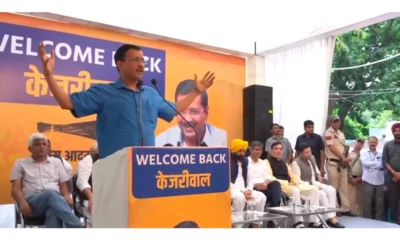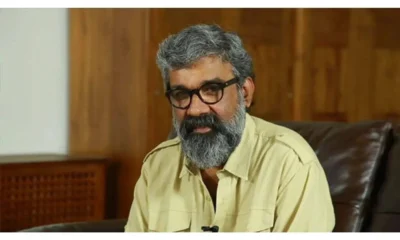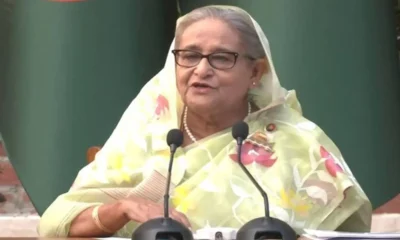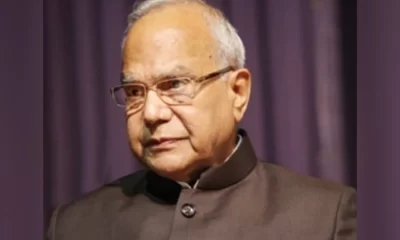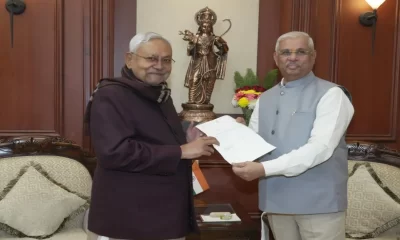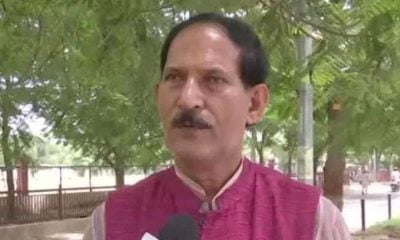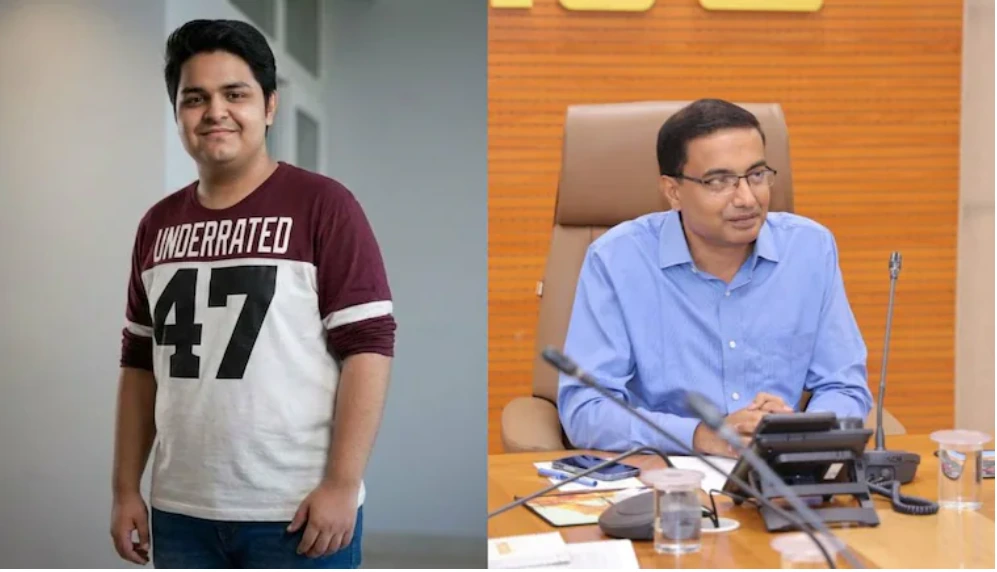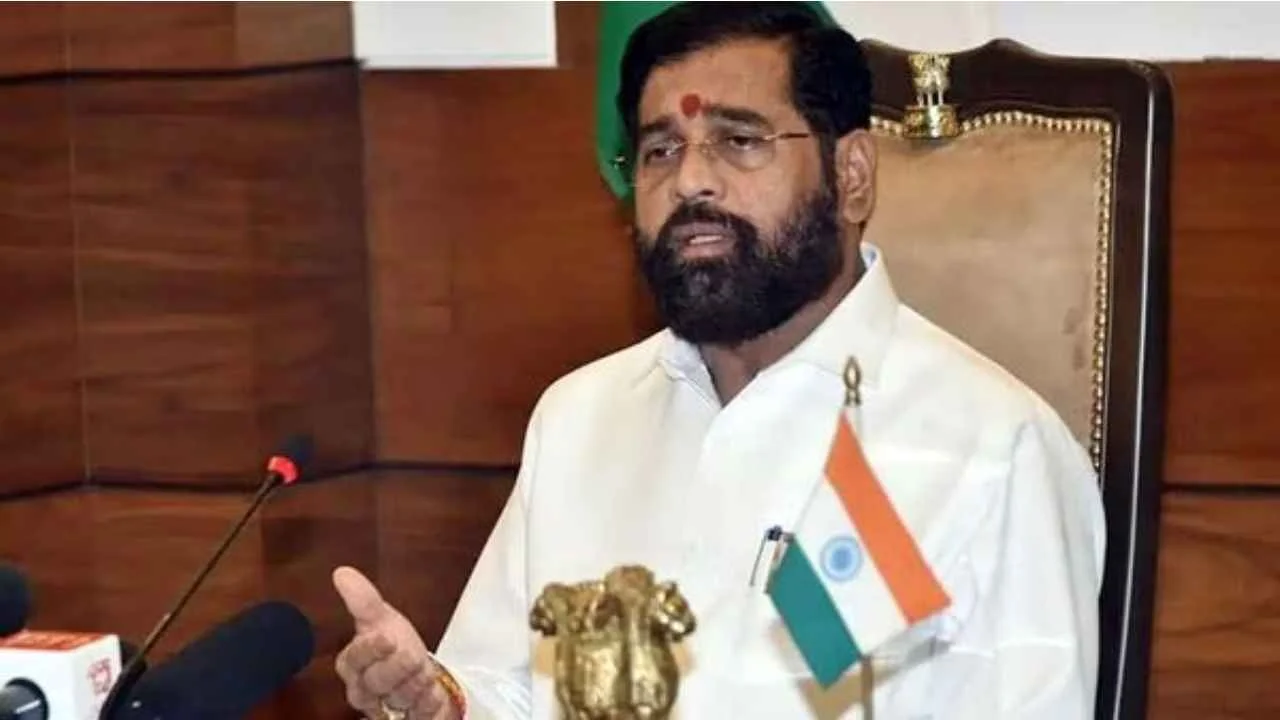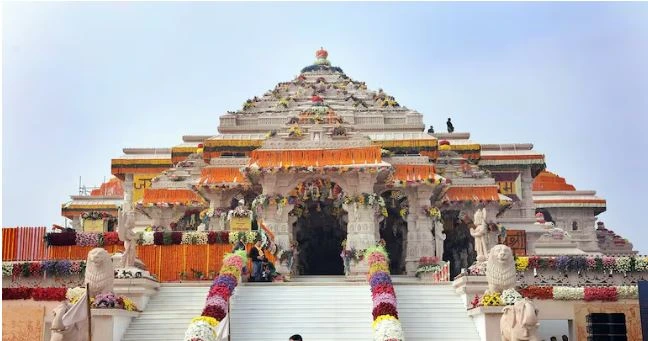India News
Twitter India public policy head Mahima Kaul resigns
Kaul’s resignation comes at a controversial time for the microblogging website, which came under the radar of the Ministry of Electronics and Information Technology for violating Indian laws by tweeting about farmers’ genocide.

India News
Big action after Noida techie’s death: Authority CEO removed, SIT to probe drowning case
The Uttar Pradesh government has removed the Noida Authority CEO and ordered an SIT probe after a 27-year-old software engineer drowned when his car fell into a water-filled pit at a construction site.
India News
Shinde fears corporators may defect, says Congress MP Varsha Gaikwad
Congress MP Varsha Gaikwad has accused Maharashtra Deputy Chief Minister Eknath Shinde of fearing defection within his ranks after the BMC elections, alleging that resort politics has entered Mumbai’s civic body for the first time.
India News
Ram temple project proposed in Bengal’s Nadia, BJP MLA says it is not election-linked
A grand Ram temple inspired by Bengal’s cultural traditions is proposed in Nadia’s Shantipur, with the trust behind it asserting the project is not linked to elections.
-
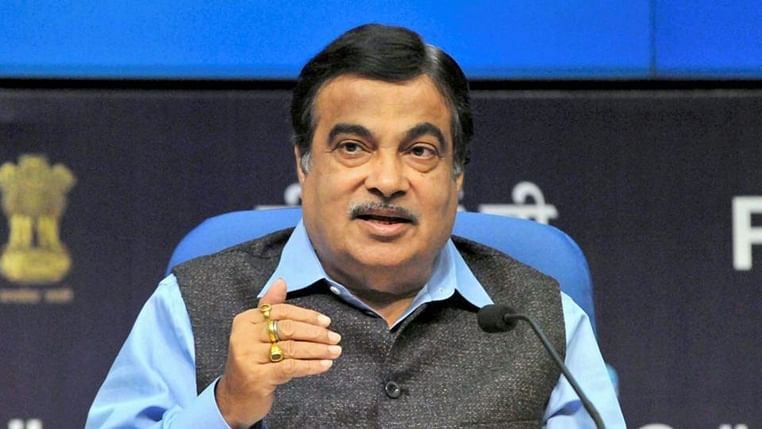
 India News22 hours ago
India News22 hours agoOld generation should step aside as new leaders take responsibility: Nitin Gadkari
-
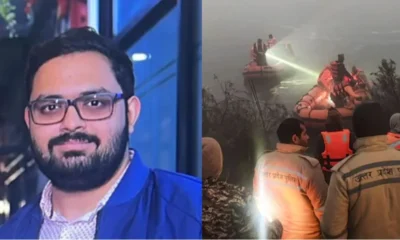
 India News19 hours ago
India News19 hours agoNoida fog tragedy techie’s final 90 minutes expose gaps in rescue response
-
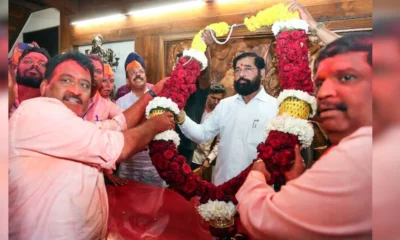
 India News22 hours ago
India News22 hours agoShinde Sena moves MLAs after hotel shift to prevent defections in BMC
-
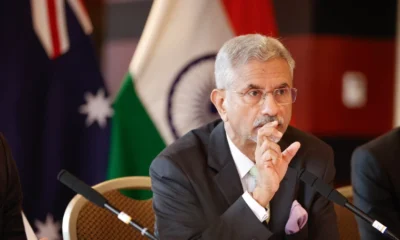
 Latest world news15 hours ago
Latest world news15 hours agoIndia flags selective targeting over Ukraine war, cautions Poland against backing Pakistan
-

 India News15 hours ago
India News15 hours agoRam temple project proposed in Bengal’s Nadia, BJP MLA says it is not election-linked
-
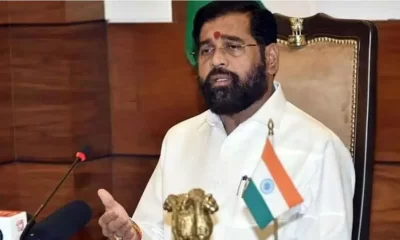
 India News13 hours ago
India News13 hours agoShinde fears corporators may defect, says Congress MP Varsha Gaikwad
-
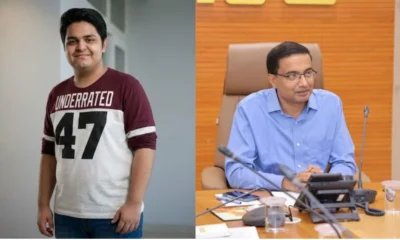
 India News13 hours ago
India News13 hours agoBig action after Noida techie’s death: Authority CEO removed, SIT to probe drowning case
-

 Cricket news12 hours ago
Cricket news12 hours agoICC issues ultimatum to Bangladesh over T20 World Cup 2026 in India

